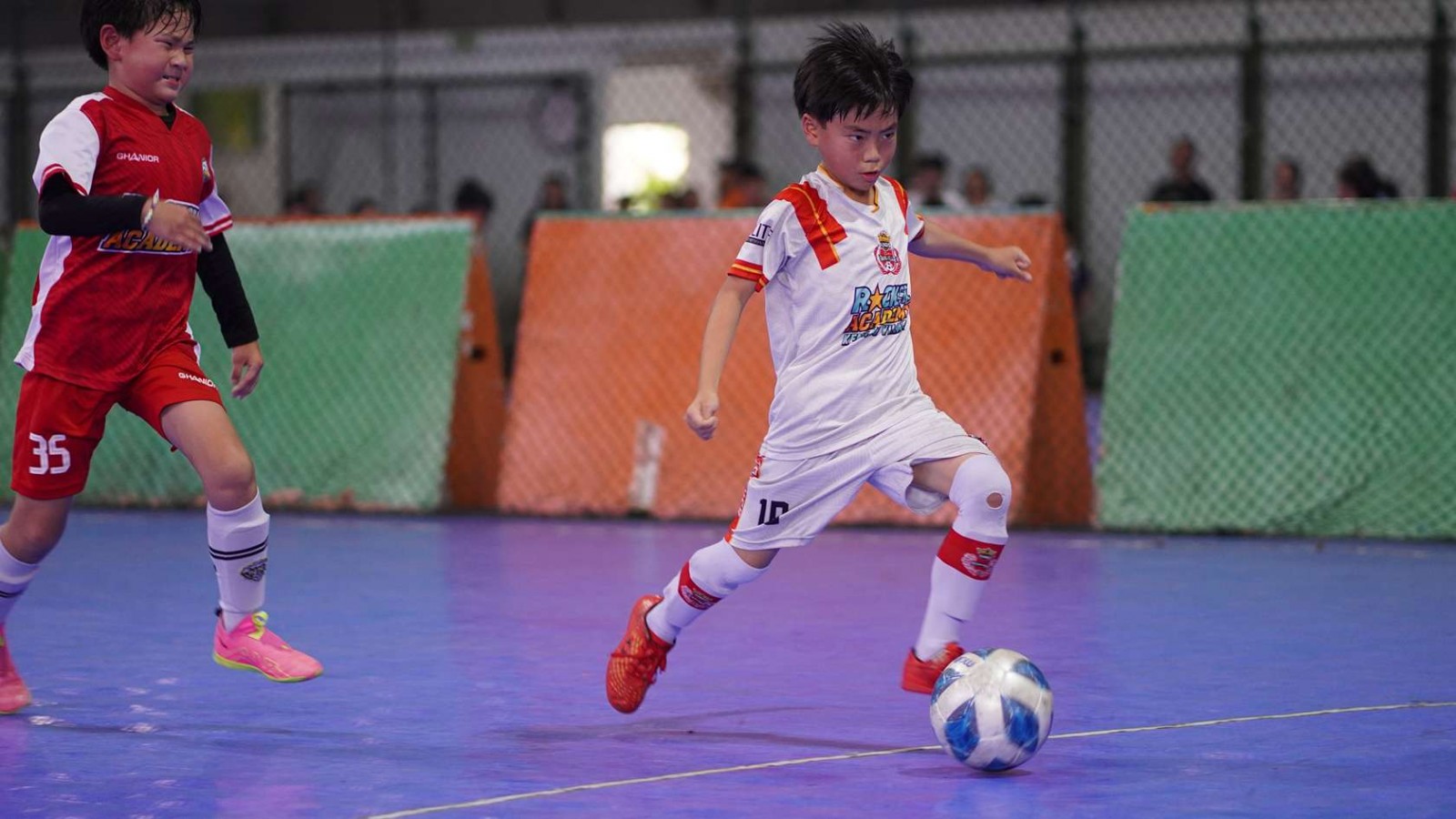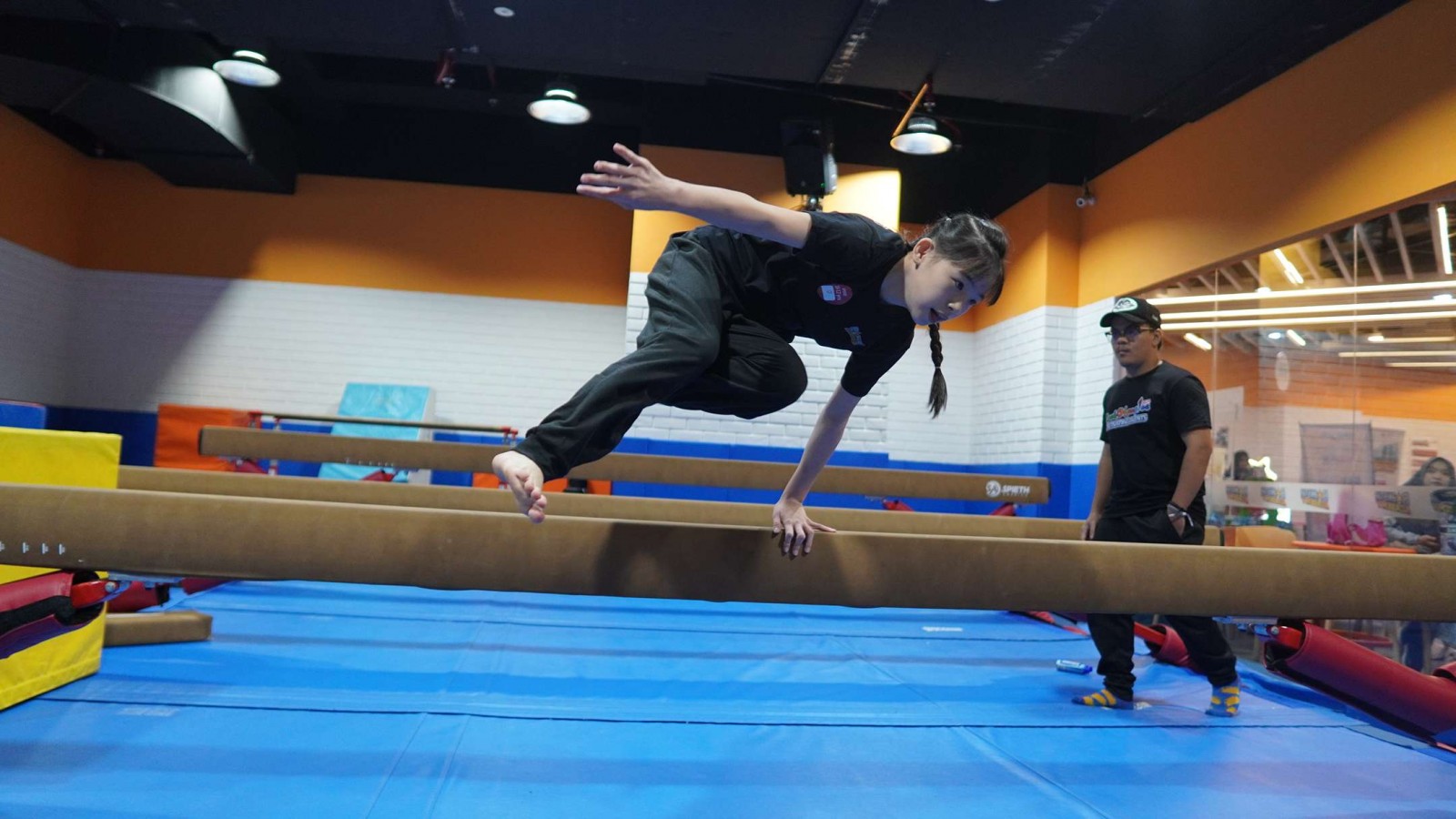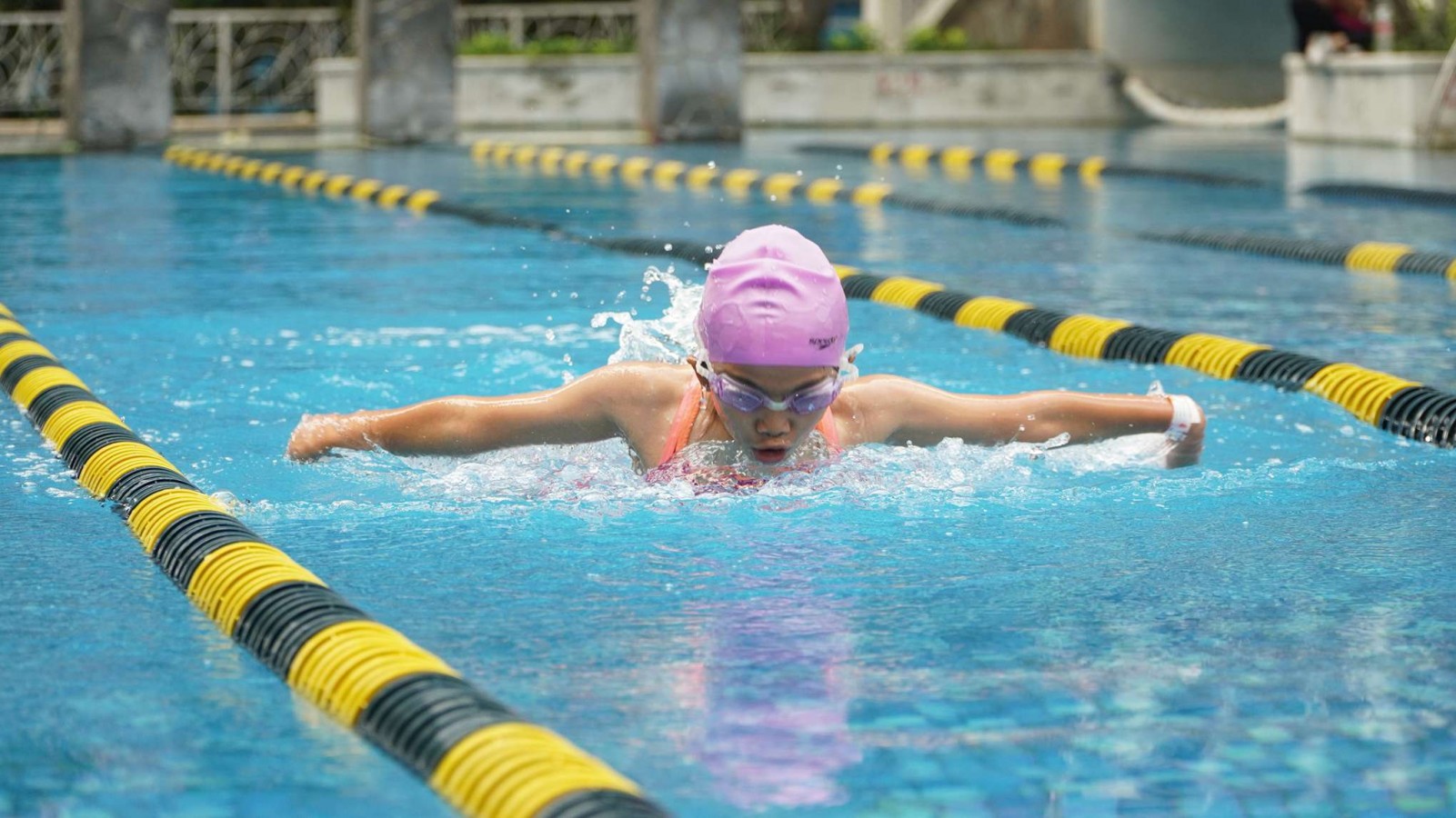Counter-Attack in Futsal: A Comprehensive Guide

Counter attack in futsal is like a thrilling game of chess played at lightning speed, where one wrong move can mean the difference between scoring a goal or losing possession. Despite its effectiveness in turning the tables on the opposition, many players still struggle to master this exciting tactic.
But don’t worry, you’re not alone in this challenge! With the right skills and strategies, anyone can become a counter-attack maestro and leave defenders in the dust. Let’s dive into the essentials of counter-attacking and unlock the secrets to making those lightning-fast plays!
What is a Counter-Attack in Futsal?
A counter-attack occurs when a team transitions quickly from defense to offense after regaining possession of the ball. In futsal, where space is limited and players are in close proximity, timing and speed are crucial. A well-executed counter-attack can exploit the opposing team’s disorganization and create clear scoring chances.
Essential Skills for Counter-Attacking
When it comes to counter-attacking in futsal, there are a few key skills that are absolutely essential to make your attack both swift and effective. Here’s the explanation:
A. Speed and Agility
Quick acceleration and nimble footwork are vital for both offensive and defensive players. Being able to move swiftly allows you to exploit gaps left by opponents during transitions.
B. Ball Control
Tight ball control is crucial when transitioning from defense to attack. Players must be able to dribble, pass, or shoot accurately under pressure.
C. Decision-Making
Players need to make quick decisions about whether to dribble, pass, or shoot when the opportunity arises. Understanding when to play the ball forward or maintain possession can be the difference between a successful counter-attack and losing possession.
D. Communication
Effective communication among teammates ensures everyone is aware of the counter-attack plan. Using verbal and non-verbal cues helps coordinate movement and timing.
E. Vision
Players must keep their heads up to see the field and anticipate opponents' movements. This allows them to make better decisions about passing options and running lanes.
Tactics and Strategies for Futsal Counter-Attack
When it comes to executing a successful counter-attack in futsal, having the right futsal strategies is crucial. Here’s a breakdown of key tactics you can use:
1. Quick Transition
The heart of a counter-attack lies in the swift transition from defense to offense. Here’s how to do it effectively:
- As soon as your team wins the ball, the player who retrieves it should look for an immediate pass to a teammate making a forward run. For example, if a defender intercepts a pass, they should quickly pass the ball to a midfielder or striker sprinting into space before the opposing team can regroup.
- When transitioning, try to quickly bring more players into the attack than the opposing team has in defense. If you have four attackers pushing forward against only two defenders, you create a numerical advantage that can lead to easier scoring opportunities.
2. Exploiting Space
Futsal is a fast-paced game, and when your opponents commit players to attack, they often leave gaps in their defense. To do this, you can encourage players to make diagonal runs rather than running straight toward the goal.
For instance, if a player has the ball on the left side, teammates should make diagonal runs toward the center or right side of the court. This movement can pull defenders out of position, opening up space for a shot or an easy pass.
3. Quick Passes
Moving the ball quickly is vital during a counter-attack to keep the opposition off balance. Here’s how to make your passing effective:
- One-Touch Passing
Encourage players to pass the ball with one touch whenever possible. This keeps the ball moving and maintains the tempo of the attack. For example, during a counter-attack, if Player A receives the ball from Player B, they should quickly pass it to Player C without taking multiple touches, allowing for a rapid progression toward the goal.
- Combination Plays
Utilize wall passes or give-and-go tactics to break through defensive lines. For instance, if a player passes to a teammate and then immediately runs into space, the teammate can return the ball with a quick pass. This creates a fast-moving attack that’s difficult for defenders to track.
4. Timing
Timing is everything in a successful counter-attack. Players need to know when to make their moves. Look for moments when the opposing team loses possession or becomes disorganized.
If you notice an opponent misplacing a pass, that’s the perfect time to spring into action. Players should also time their runs carefully to avoid being offside.
This means holding back just enough to ensure they receive the ball legally. If a player runs too early and the ball is passed, they might find themselves out of play. It’s a delicate balance of timing and positioning!
5. Finishing
Once the counter-attack has created a scoring opportunity, the focus shifts to finishing. When approaching the goal, staying calm is key. Instead of rushing your shot, take a moment to assess your options.
If you’re one-on-one with the goalkeeper, a composed finish is more effective than a hurried attempt that could easily miss.
Assess the situation to determine whether to shoot, pass to a better-placed teammate, or take an extra touch to create a clearer angle. If you see a teammate in a better position, passing could lead to a higher chance of scoring.
Common Mistakes to Avoid While Counter-Attacking
Counter-attacking in futsal can be exhilarating, but it’s easy to fall into common traps that can undermine your efforts. Here are some frequent mistakes to avoid:
A. Overcomplicating the Play
Players should avoid trying to do too much individually. Simplicity is key, so quick passes and straightforward runs are often more effective.
B. Not Recognizing the Right Moment
Timing is crucial during a counter-attack. Many players make the mistake of either running too early or too late, which can disrupt the flow of the play.
If a player makes a run too soon, they may be caught offside when the ball is passed. Conversely, waiting too long can cause defenders to recover and close down space.
Tip: Players should practice synchronizing their runs with the ball carrier. Use drills that emphasize timing and positioning to improve this skill.
C. Lack of Communication
One of the biggest pitfalls in counter-attacking is failing to communicate with teammates. Without clear signals or calls, players can become disoriented, leading to missed opportunities.
If a player receives the ball and starts a counter-attack without letting teammates know their intentions, others might not realize they should support or make runs. This can result in a slow or disjointed attack.
Tip: Use verbal cues and hand signals to indicate when to pass or run. Encourage players to shout directions, ensuring everyone is on the same page.
D. Forgetting Defensive Responsibilities
While attacking is important, players must not neglect their defensive duties. Ensure that at least one player is ready to fall back in case the counter-attack fails.
E. Ignoring the Goalkeeper’s Role
The goalkeeper can be instrumental in launching counter-attacks. They should be encouraged to distribute the ball quickly to initiate the attack.
Conclusion
Mastering the art of counter-attacking in futsal is an exciting journey that not only sharpens skills but also builds teamwork and sportsmanship. If your child has a passion for futsal, why not enroll them in a futsal program to help them hone their abilities?
Look no further than Rockstar Academy, the best Sports & Performing Arts Academy around! With a fantastic curriculum that prepares kids for exciting events like the RockOlympics and the Elite Futsal Championships, your young athletes will thrive in an environment that encourages achievement and physical activity.
Our Futsal Program also offers the chance to be part of the Dream Team. This is a Competitive Sports Program created to help student athletes reach their highest potential both in the game and in life.
The Dream Team provides more intense training, helping athletes sharpen their skills and get ready for national and international competitions. It’s all about pushing yourself to be the best you can be!
Plus, Rockstar Academy offers a free trial class for those eager to jump in! So, why wait? Contact Rockstar Academy today and let your child kickstart their futsal adventure with fun and flair!
FAQs
What is the best formation for counter-attacking in futsal?
While formations can vary, a common choice is the 2-2 formation. This allows two players to push forward quickly while two remain back to defend. It provides balance and flexibility during transitions.
How can I improve my speed for counter-attacking?
Incorporate speed drills into your training, such as sprints and agility exercises. Plyometric workouts can also enhance explosive power, improving your speed on the field.
Is communication really that important in counter-attacking?
Yes! Effective communication ensures players know each other’s intentions. It helps coordinate movements and makes the counter-attack more efficient.
Can I counter-attack if my team is not very fast?
Yes! While speed is beneficial, effective counter-attacking relies on good positioning, quick passing, and understanding when to exploit spaces. Focus on these areas to improve your team’s counter-attacking capabilities.



